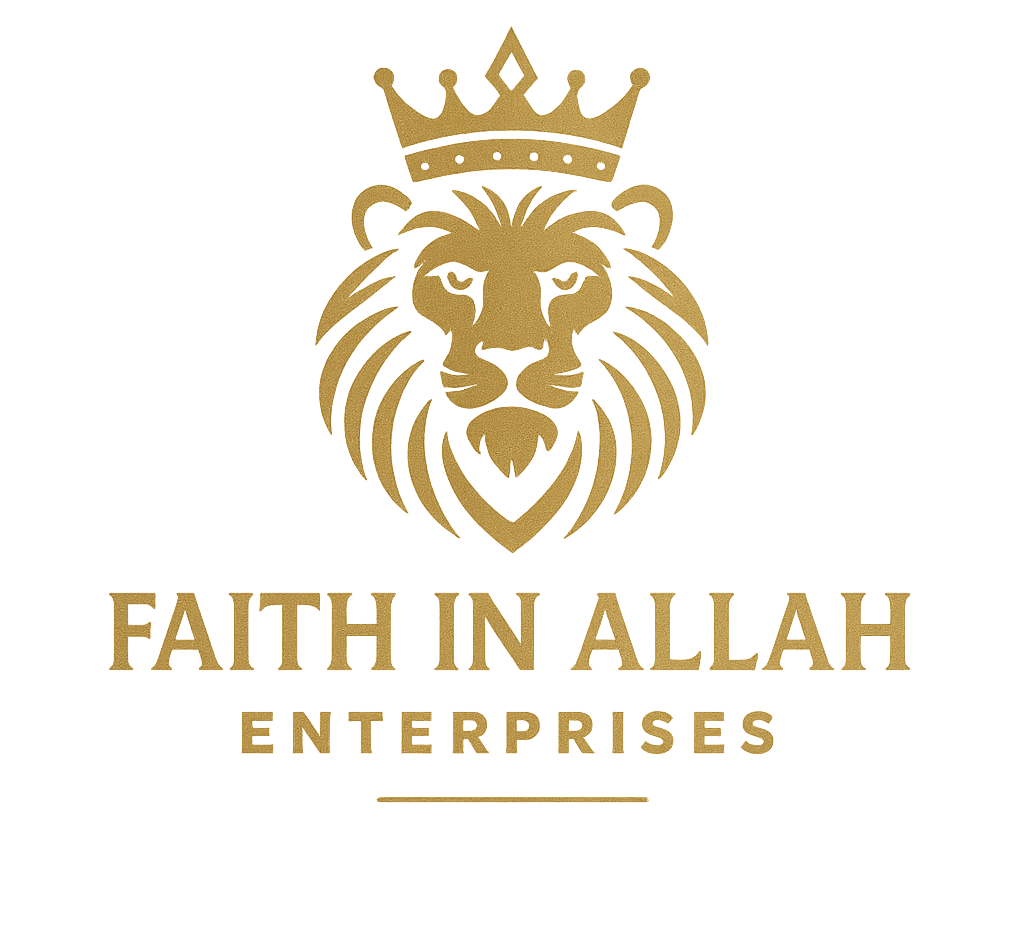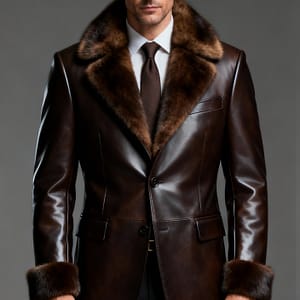The Loro Piana Scandal and the Rise of Ethical Luxury Fashion
The world of high fashion is often associated with elegance, exclusivity, and prestige. But recent revelations about Loro Piana—a revered Italian luxury brand known for its fine cashmere and wool—have exposed a disturbing underbelly of exploitation. With coats priced at over €7,000, few expected that behind the glamour was a system abusing undocumented workers in unsafe conditions.
This scandal isn’t just about one brand. It’s a critical moment that forces us to ask: What does ethical luxury fashion mean, and who is truly living up to that standard?
What Happened at Loro Piana?
In July 2025, Italian media broke the story that Loro Piana, a member of the LVMH luxury group, had come under investigation for labor exploitation. A court in Milan placed the company under judicial administration after discovering that one of its subcontractors was using undocumented workers under inhumane conditions.
These workers were reportedly made to labor for more than 90 hours per week, earning as little as €4 per hour—far below the legal minimum wage in Italy. Many of them lived on-site in cramped quarters, without proper ventilation or sanitation. Even more shocking was the fact that these workers were part of the supply chain for high-end coats and garments sold at thousands of euros to a global elite audience.
Though Loro Piana claimed ignorance and immediately severed ties with the contractor, the damage was done. The scandal sent shockwaves through the global fashion industry, raising deep concerns about how such practices could exist under the radar of even the most prestigious brands.

Why Ethical Luxury Fashion Matters Now More Than Ever
Today’s fashion consumer is far more conscious than a decade ago. Beyond beautiful materials and branding, shoppers now care deeply about the how and who behind every product. Ethical luxury fashion is no longer a niche—it’s becoming a necessity.
What Is Ethical Luxury Fashion?
Ethical luxury fashion refers to garments and accessories that are:
- Made under fair working conditions
- Produced with sustainable, eco-friendly materials
- Manufactured with transparent supply chains
- Focused on reducing waste and carbon footprints
- Committed to social responsibility and human dignity
The scandal involving Loro Piana shows just how fragile trust can be when ethics are compromised. It has become clear that even the most iconic fashion houses can falter, especially if they lack a rigorous auditing system and true transparency.
Consumers are demanding answers. Who made this coat? Were they paid fairly? Is this leather sustainable? Can I wear this with a clear conscience?
When luxury loses its ethical core, it becomes nothing more than an illusion wrapped in marketing.
How FIA Enterprises Upholds Ethical Luxury Fashion
At FIA Enterprises, we believe luxury is only meaningful when it is honest. For us, fashion is not just about looking good—it’s about doing good. That’s why we are committed to redefining what luxury stands for by embracing ethical practices from the ground up.
Our Ethical Promise
1. Transparent Supply Chain Our supply chain is fully transparent. Every coat and jacket we sell is made in our own factory in Pakistan, where artisans are treated with respect, paid fairly, and provided with safe working conditions. We control the entire process—from sourcing to stitching—ensuring no exploitation ever enters the equation.
2. Genuine Materials, No Compromise. We only use genuine materials: lambskin, calfskin, rabbit fur, and other natural fibers sourced responsibly. We do not deal in synthetic imitations or cut corners with faux finishes. Each material is hand-selected for quality, durability, and ethical origins.
3. Artisan Craftsmanship Our products are handmade by real people—highly trained tailors, cutters, and finishers—who take pride in their work. Unlike mass production sweatshops, our facilities are focused on quality over quantity. Each jacket takes days to craft and is inspected meticulously.
4. Fair Wages & Safe Conditions We ensure our team works regular hours with proper rest, holidays, and safety standards. We do not hire undocumented labor. Everyone working with FIA Enterprises is legally employed, insured, and respected.
5. Environmental Responsibility While we focus on genuine fur and leather, we also practice minimal-waste cutting and low-emission tanning processes. Our production emphasizes long-lasting fashion that won’t end up in landfills in six months.
6. Empowering Local Communities. By operating in Pakistan, we contribute directly to local economies. We empower families, provide steady income, and promote traditional craftsmanship—while maintaining international quality standards.
How Loro Piana’s Crisis Can Guide the Fashion Industry
While it’s easy to criticize Loro Piana, the larger question is: What can we learn? And how can we avoid repeating the same mistakes?
The crisis offers several key takeaways for fashion brands globally:
- Auditing Matters: Brands must vet every supplier and subcontractor. A beautiful showroom in Milan means nothing if the workshop behind it runs like a sweatshop.
- Transparency Is Non-Negotiable: Companies should publish supply chain details, share their factory addresses, and allow audits.
- Certification Should Be More Than a Stamp: Having a ‘Made in Italy’ label does not guarantee ethical practices if part of the work is subcontracted to unauthorized facilities.
- Consumer Education Is Vital: When customers understand the effort, materials, and integrity behind products, they are more willing to support ethical brands.
Loro Piana’s downfall can be the catalyst the fashion world needs to reset.
A Closer Look at FIA’s Star Products & Ethics in Action
Our commitment to ethical luxury fashion isn’t just talk. Our bestsellers reflect that promise:
- Made with genuine lambskin
- Lined with rabbit fur
- Crafted in an artisan workshop
- Perfect blend of modest luxury and comfort
- Symbol of strength and style
- Hand-cut Rabbit fur coat
- Ethically sourced fur collar
- Oversized silhouette for contemporary taste
- Crafted with shearling from certified ethical tanneries
- Masculine and majestic
- Made in a clean, monitored workshop by skilled workers paid well above minimum wage
These pieces are more than clothing—they’re a declaration of conscious fashion.
What Ethical Fashion Means for You as a Customer
When you buy from an ethical brand, you:
- Support Human Rights: No child labor, no forced labor, no exploitation.
- Help the Environment: Real leather, if treated right, lasts decades—unlike fast fashion synthetics.
- Get Value for Money: Ethical fashion isn’t about inflated price tags; it’s about fair pricing for real quality.
- Make a Statement: You wear your values, not just a trend.
Remember: The choices you make today shape the future of fashion tomorrow.
Ethical Luxury Fashion Is the Future
The silence around unethical practices in high fashion is being broken. Scandals like that of Loro Piana are uncomfortable, but necessary. They remind us that true luxury must be built on values, not just a price tag.
At FIA Enterprises, we are proud to stand for something more. We don’t just create beautiful garments—we create ethical luxury fashion that honors people, planet, and purpose.
Every stitch tells a story. Every product reflects a principle. Every sale uplifts a life.
Join us in rewriting the narrative of luxury—one coat, one customer, one value at a time.
. Why is ethical luxury fashion trending in Italy right now?
Ethical luxury is trending due to growing awareness about sustainability, environmental impact, and transparency. Italian consumers — especially Gen Z and Millennials — now prefer brands that uphold strong ethical values alongside premium craftsmanship.
2. What are some examples of ethical luxury fashion brands in Italy?
Brands like Stella McCartney, Gucci (with its Circular Lines initiative), and emerging names in Milan and Florence are leading the way. Many are focusing on traceable supply chains, upcycling, and natural dyeing techniques.
3. How does FIA Enterprises relate to the Italian ethical fashion movement?
Though FIA Enterprises is based in Pakistan, we follow the same ethical model embraced in Italy — by using genuine leather, sustainable rabbit fur, fair labor, and direct factory-to-customer control, which aligns us with Italy’s new luxury ethics.
4. What makes ethical leather better than traditional leather?
Ethical leather is tanned using non-toxic methods, sourced as a byproduct (not for fashion alone), and processed under fair labor conditions. This reduces environmental harm and human exploitation.
5. How does ethical luxury balance quality and sustainability?
Ethical luxury emphasizes slow fashion— investing in fewer, better-made pieces. At FIA Enterprises, each jacket is handmade, durable, and timeless, reducing the need for frequent replacements and supporting sustainable consumption.
6. Is rabbit fur considered ethical?
Rabbit fur is often a byproduct of the meat industry. When sourced from regulated farms and used in small-scale, artisanal ways — like at FIA Enterprises — it becomes a more ethical choice than synthetic fur made of plastic.
7. Are sustainable fashion pieces more expensive?
Yes, but for good reasons: ethical labor, small-scale craftsmanship, and quality materials all cost more, but they last longer and carry no human or environmental exploitation costs.
8. Why is “Made in Italy” no longer the only symbol of ethical fashion?
Consumers now value how something is made more than where it’s made. Brands like FIA Enterprises, with transparent processes and fair practices, are proving that ethical luxury can come from anywhere in the world.
9. What role do Pakistani artisans play in this ethical fashion story?
Pakistani artisans contribute deep-rooted leatherwork skills passed down for generations. At FIA Enterprises, our craftsmen create each piece ethically, ensuring both cultural preservation and responsible fashion.
10. How can I support the ethical fashion movement as a customer?
Choose brands with transparent ethics, like FIA Enterprises. Buy less but better, ask questions about sourcing and labor, and invest in pieces that last, both in style and integrity.
Call to Action:
Want to wear luxury that aligns with your values?
🛍️ Explore our handcrafted, ethical fashion at FIA Enterprises
📢 Share this blog to spread awareness about the future of fashion.
💌 Subscribe to our newsletter for behind-the-scenes stories, ethical fashion tips, and exclusive drops.





